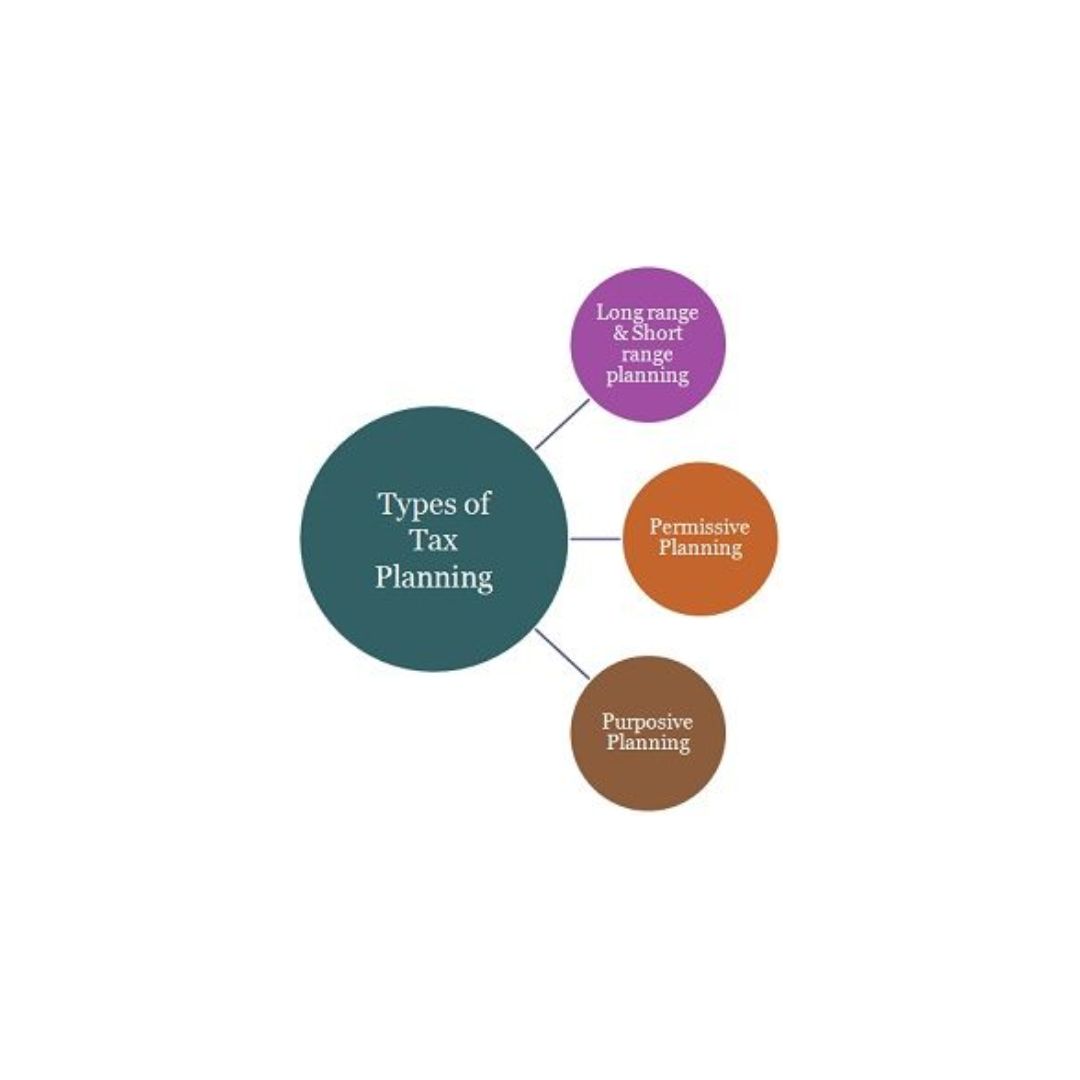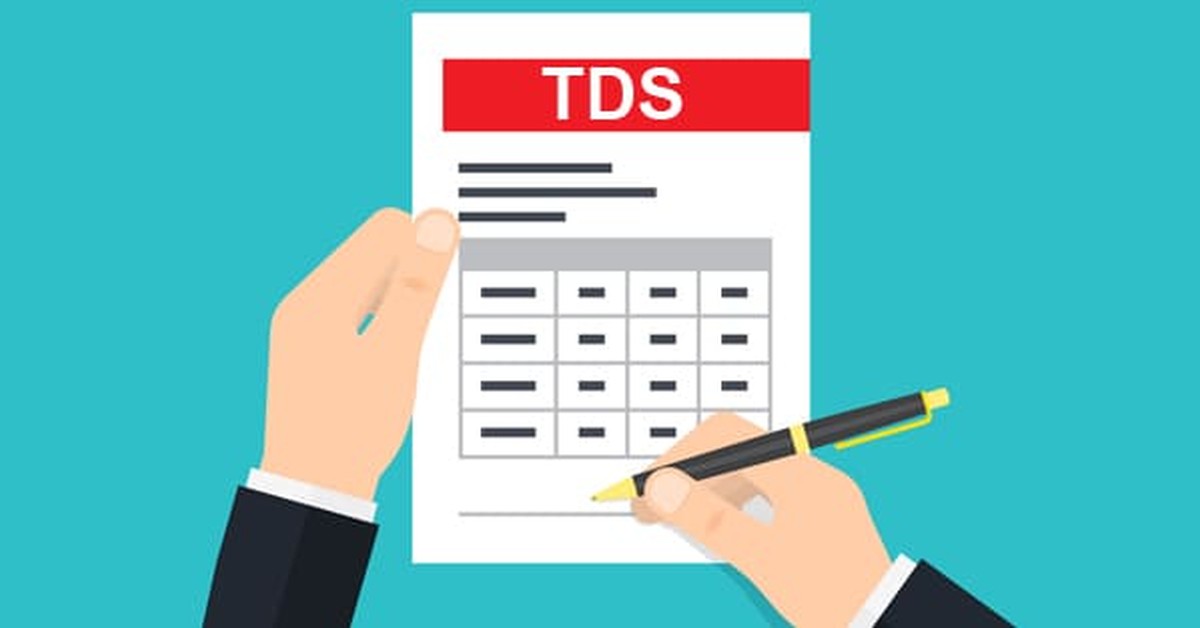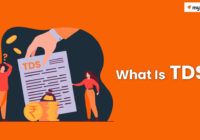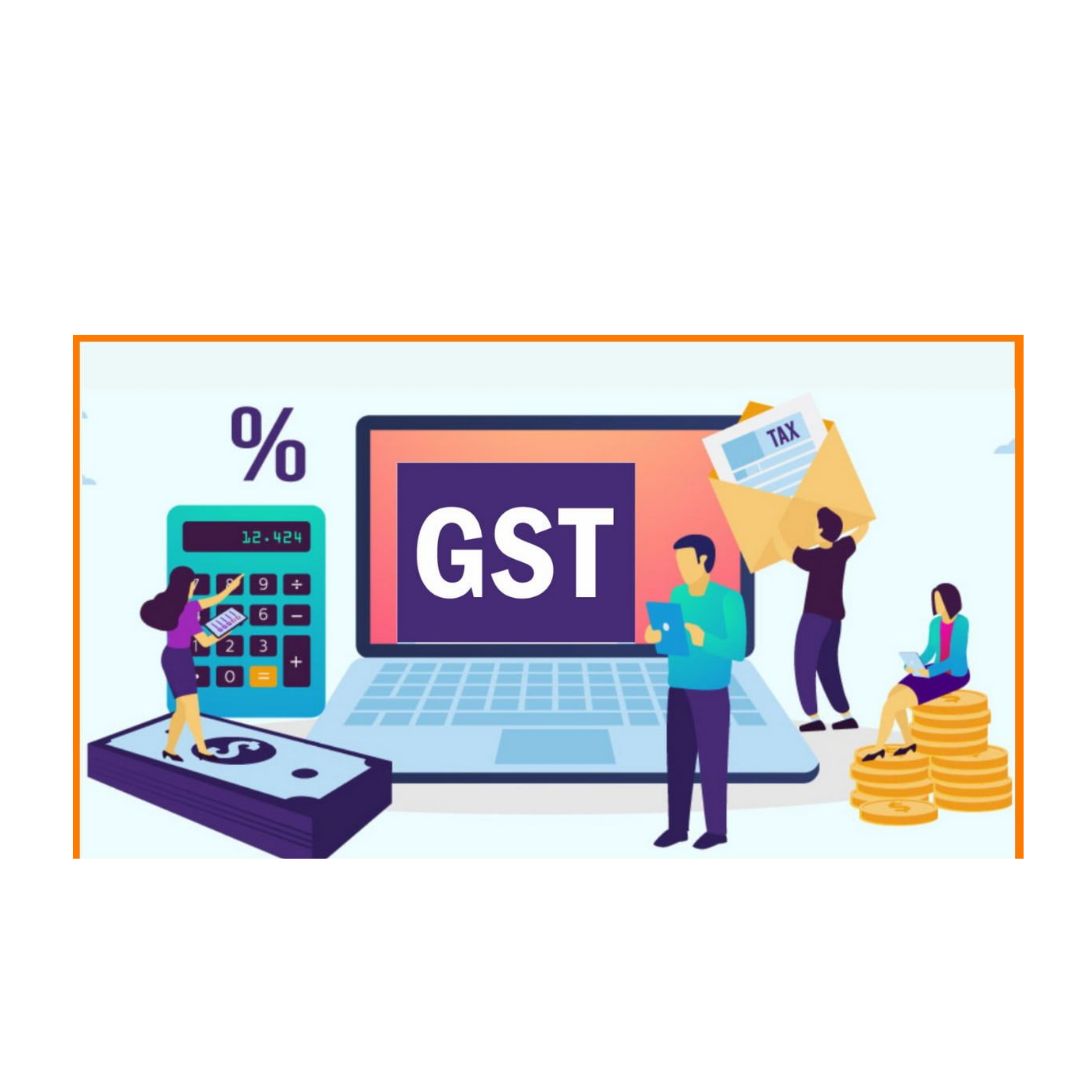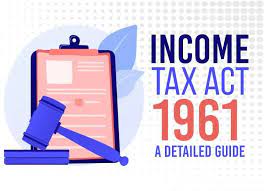Why no Permanent Establishment Certificate is Required ?
Permanent Establishment Certificate A permanent establishment is a fixed place of business through which a company carries out its business activities, such as an office, branch, factory, or workshop. The requirement for a PE certificate may vary depending on the tax laws and regulations of each country. In some cases, this certificate may… Read More »

